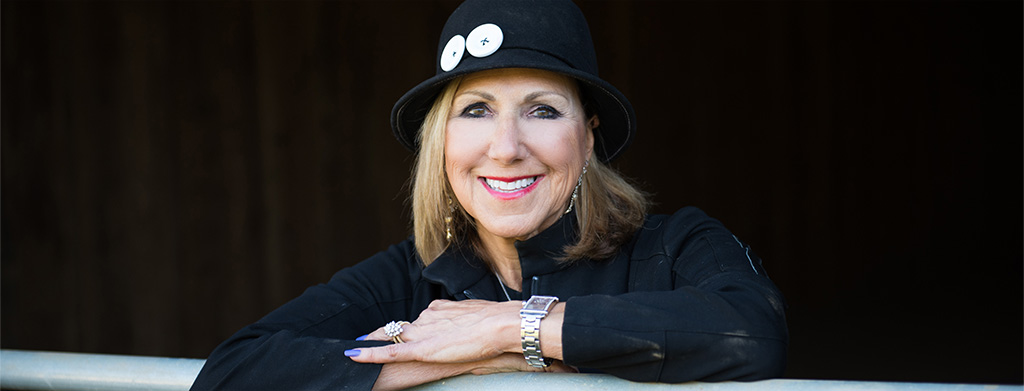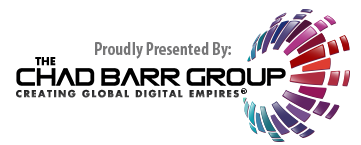Leslie’s Articles
Djerba – A Tale of Two Horses
The horse’s name was Prince. Although probably in Arabic his name was Ibn Saud or El Khazar. To foreigners his name was Prince. The boy’s name was Marajuan. Marajuan was a 20-year old native who knew three things in English:
He knew how to high-five, he knew the thumbs up gesture, and he knew to write in the sand both the time of day we would meet for my daily ride and the price. The hours on a watch or a clock are the same in every language. One of us would write “1” or “11” in the sand and the time of day was the same for both of us regardless of the fact that we could speak very little, we could communicate very well. These three gestures were enough to do business on the beach in Djerba, with someone who spoke any language.
My business, Electric Impulse Communications, is named after a big, white Arabian stallion. (you can see his picture and read about presentation skills in the show ring at http://electricimpulse.com/who-we-are/name.php) I showed Arabians for over two decades in Class A shows across America and Canada.
I thought I knew about everything about Arabians. I was wrong.
Does it surprise you to know that more people watched the Belmont Race, the third jewel of the Triple Crown, than game one of the NBA Finals? What do you think you know about your business or the world that may just be wrong?
This article is dedicated to all of the things we think we know-and we just may be wrong.
I knew many horses that were imported from Poland and many of the Arab countries to compete in the U.S. I thought I knew about these horses, I was wrong.
In the states, Arabians have the reputation of being flighty. As much as I defended them against this criticism, it was overall pretty darn accurate. Or so I thought. Thirty years of riding Arabians and having been around thousands of horses at competitions, I thought I knew that this flightiness was just a part of their genetic make up. I was wrong.
In Djerba, the Arabian horse is as common as the family dog is in America. Here we might see a dog tied to doghouse or a tree. In Djerba, the family’s Arabian was tied to a palm tree in the front of their house, shack, or tent. In America, we treat our show horses as if they are prima donna’s and they act like it! The site of an Arabian tied to a tree at first surprised me . . . then it became normal.
Each day Marajuan would bring Prince, or Shakira, or Chico, to the beach in front of my hotel. At a glance they didn’t look like my show horses. They were thinner, though not too thin. They were notprimped, polished, or perfected. But they were healthy, sound, and obviously well cared for. I thought I knew what an Arabian should look like. I was wrong. In their natural state in their natural surroundings they were more seductive than the rarified horse show version.
Each did not have the newest or the cleanest equipment. But the equipment was adequate and comfortable. I thought I knew that new was the best. I was wrong.
Their ears were not trimmed, not close to “show ready”. With hairy ears flies would be much less bothersome. I thought I knew. I was wrong.
What sweet gentle souls. The jet skiers, the wind surfers, the helicopter buzzing ten feet over our heads, and never a flighty step. This was an example of an animal in his own environment, being used at his best and highest use.
At a horse show you work hard at making it look easy. This was easy.
In a horse show, you work hard to make it look like it was fun. This was fun.
In a horse show you work hard at making your horse look like a smooth ride. This was a smooth ride. We rode for miles as the sea lapped at Prince or Shakira, or Chico’s hooves.
We rode over sand dunes and pretended to escape the marauding groups of bandits. These horses were not the prettiest but they were each the most real horse I have ever ridden. Each was what they were supposed to be-and that was great.
My horse had been clipped, sanded, bathed, highlighted, coached, and coaxed. He had become claustrophobic. As much as I loved him, and still love him 17 years after his death, there is one thing he was not: authentic to what his ancestors were born to be.
The tale of two horses is really the tale of each of us.
What do you think you know about yourself that just isn’t true?
What is something you think about your business that just isn’t true?
What is something about your competition that just isn’t true?
With this Arabian tale, the tale of two futures for Djerba and all of us.
Do we want to be primped, polished, and perfected?
Or do we want to be authentic?
The tale of Djerba, its horses, hotels, street vendors, souk, and its all male cafes, proves that you just can’t be both.
What do you think you know that just isn’t true?


